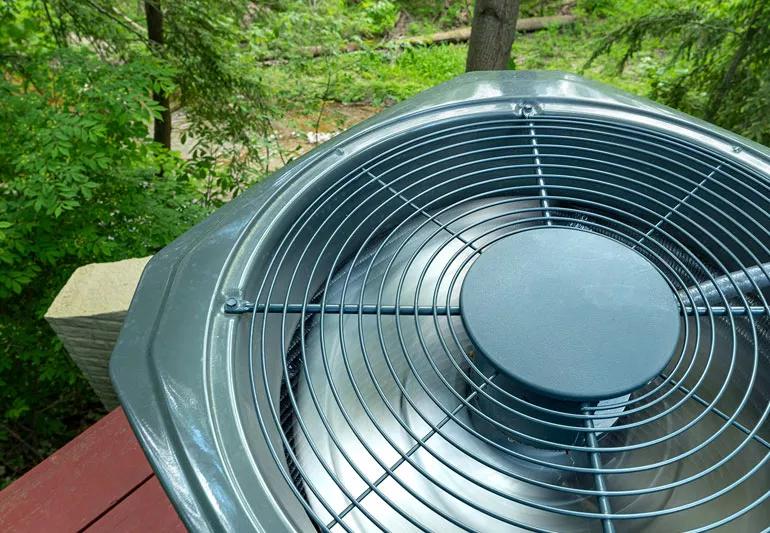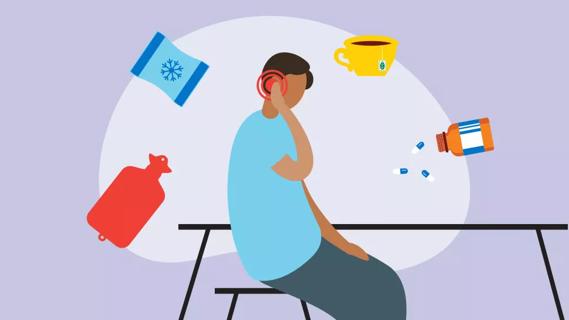Advertisement
The short answer from an infectious disease specialist

A: I don’t think we can say for sure yet, but we don’t think this is a primary way the virus is spread.
Advertisement
Cleveland Clinic is a non-profit academic medical center. Advertising on our site helps support our mission. We do not endorse non-Cleveland Clinic products or services. Policy
There was one case report that came out of China which suggested that a restaurant’s air conditioning system contributed to 10 customers getting sick with the 2019 novel coronavirus. But there were also many other customers in the restaurant who did not get sick, and a lot of other variables to consider.
While there is no clear evidence at this time, fans and air conditioners do move air around in a room, so they theoretically pose a risk of spreading viral particles and droplets. More research is needed to understand the impact, if any, of air conditioning on the spread of COVID-19 in public places.
What we are more confident about is that the primary way the virus is spread is through close contact with someone who is sick. So keeping a physical distance from others, covering your coughs and sneezes, washing your hands frequently and wearing a cloth face cover in public areas are critical.
— Infectious disease specialist Kristin Englund, MD
Advertisement
Learn more about our editorial process.
Advertisement

Infection and inflammation can cause you to lose your voice and have other voice changes until you’re fully healed

A COVID-19 infection can bring on depression or anxiety months after physical symptoms go away

Just like the flu, COVID-19 continues to evolve every year with new and smarter variants

The latest omicron subvariants carry specific mutations that may allow the SARS-CoV-2 virus to be better at evading immune protection

Research shows the virus can affect your ability to get or maintain an erection

RSV can lead your child to develop pneumonia and have trouble breathing

Getting vaccinated in October can help protect you against severe illness between November and March

Respiratory syncytial virus spreads easily through respiratory droplets spewed out by those who are infected

Not all ear infections need antibiotics — cold and warm compresses and changing up your sleep position can help

A glass of lemon water in the morning can help with digestion and boost vitamin C levels, and may even help get you into a better routine